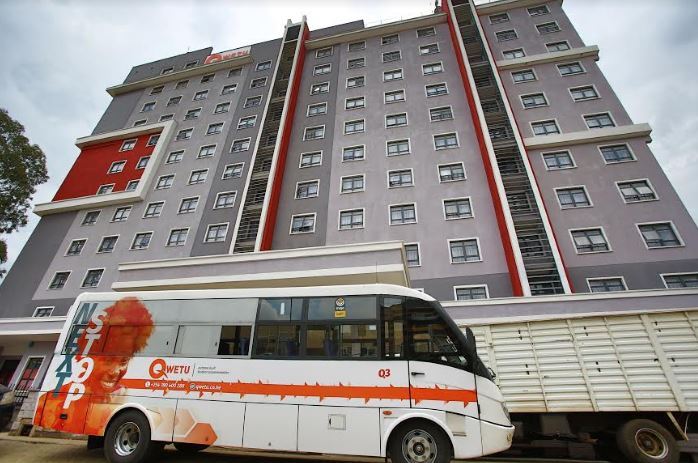
The students‘ residence will be developed on a 0.196-acre parcel of land and will comprise 362 rooms.
The block floor plan will consist of lower ground, parking areas, management offices, shared facilities, services, and washrooms from the 1st to the 22nd floors, as well as student accommodation rooms from the 23rd floor, among others.
“The total project cost will be Six hundred and seventy sixty million, nine hundred and one thousand, seven hundred and forty three Kenya shillings (676,901,743) out of which a total of six hundred and seventy six thousand, nine hundred and one (676,901) is payable to the authority (NEMA) being the sum of 0.1% as seen in the annexed summary Bill of Quantities,” This is contained in an Environmental Impact Assessment (EIA) report submitted to the National Environment Management Authority (NEMA).
EIA is mandatory for all such projects in Kenya to ensure that negative and significant impacts on the environment are taken into consideration during the design, construction, operation, and decommissioning to ensure adequate mitigation measures are considered.
Demand for student accommodations has been growing in the country amid shortfall challenges.
Pan-African housing financier Shelter Afrique, for instance, estimates that universities in Kenya have a deficit of about 350,000 bed spaces and therefore need to build more.
To fill the gap, investors have been building the above units for students near universities across the country.
Acorn owns brands such as Qwetu and Qejani in Nairobi.
𝗦𝗲𝗺𝗮𝘀𝗼𝗰𝗶𝗮𝗹 𝗶𝘀 𝘄𝗵𝗲𝗿𝗲 𝗿𝗲𝗮𝗹 𝗽𝗲𝗼𝗽𝗹𝗲 𝗰𝗼𝗻𝗻𝗲𝗰𝘁, 𝗴𝗿𝗼𝘄, 𝗮𝗻𝗱 𝗯𝗲𝗹𝗼𝗻𝗴. We’re more than just a social platform — from jobs and blogs to events and daily chats, we bring people and ideas together in one simple, meaningful space.